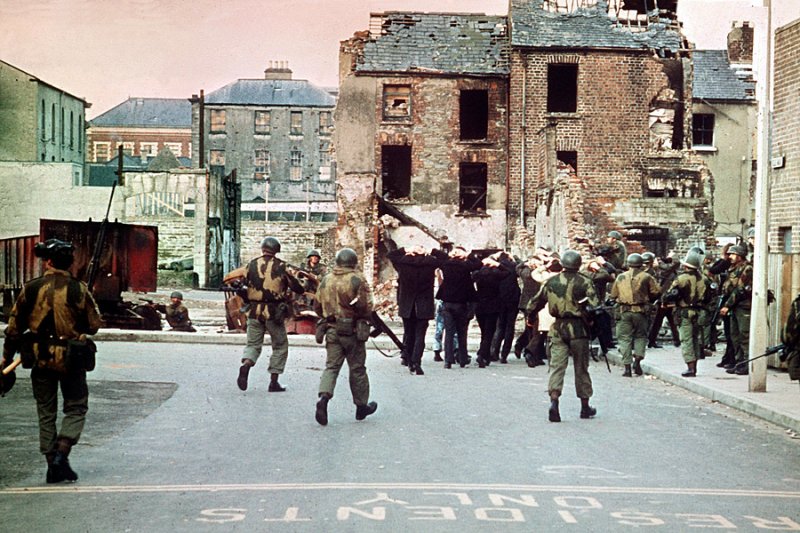Bloody Sunday: A Turning Point in Civil Rights History

Introduction
Bloody Sunday, occurring on March 7, 1965, stands as a pivotal event in the civil rights movement in the United States. This day serves as a crucial reminder of the struggles faced by activists demanding equal voting rights for African Americans. The significance of this event is not only rooted in its immediate impact but also in its enduring influence on societal change and the fight against racial injustice.
The Events of Bloody Sunday
On that fateful day, hundreds of civil rights activists, led by Martin Luther King Jr. and the Southern Christian Leadership Conference (SCLC), gathered in Selma, Alabama, to march to Montgomery, the state capital. The objective was clear: to demand equal voting rights as enshrined in the Constitution.
However, as the marchers crossed the Edmund Pettus Bridge, they were met with brutal force from law enforcement. State troopers, armed and ready, violently attacked peaceful demonstrators, using tear gas, clubs, and horses, leading to widespread outrage. The images of the violence were broadcasted across television screens, shocking the nation and drawing attention to the civil rights movement.
The Aftermath and Significance
The harsh response to the march galvanized support for the civil rights movement. Within days, protests erupted nationwide. The outrage led to the introduction of the Voting Rights Act of 1965, which outlawed discriminatory voting practices that had disenfranchised many African Americans for decades.
Bloody Sunday not only highlighted the systemic racism entrenched in American society but also showcased the resilience and commitment of civil rights leaders and activists. It became a symbol of resistance, fostering a sense of urgency that compelled the federal government to take action against racial inequalities.
Conclusion
Today, the legacy of Bloody Sunday serves as a powerful reminder of the ongoing struggle for civil rights and justice. It is a testament to the courage of those who stood up against injustice and the importance of civic engagement. As society continues to grapple with issues of race and inequality, the events of Bloody Sunday remind us of the need for vigilance in the fight for equal rights. This day not only changed the course of history in the United States but also laid the groundwork for future generations to advocate for justice and equality.









